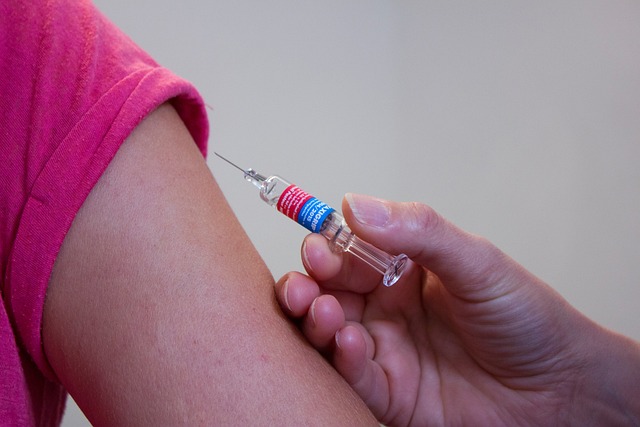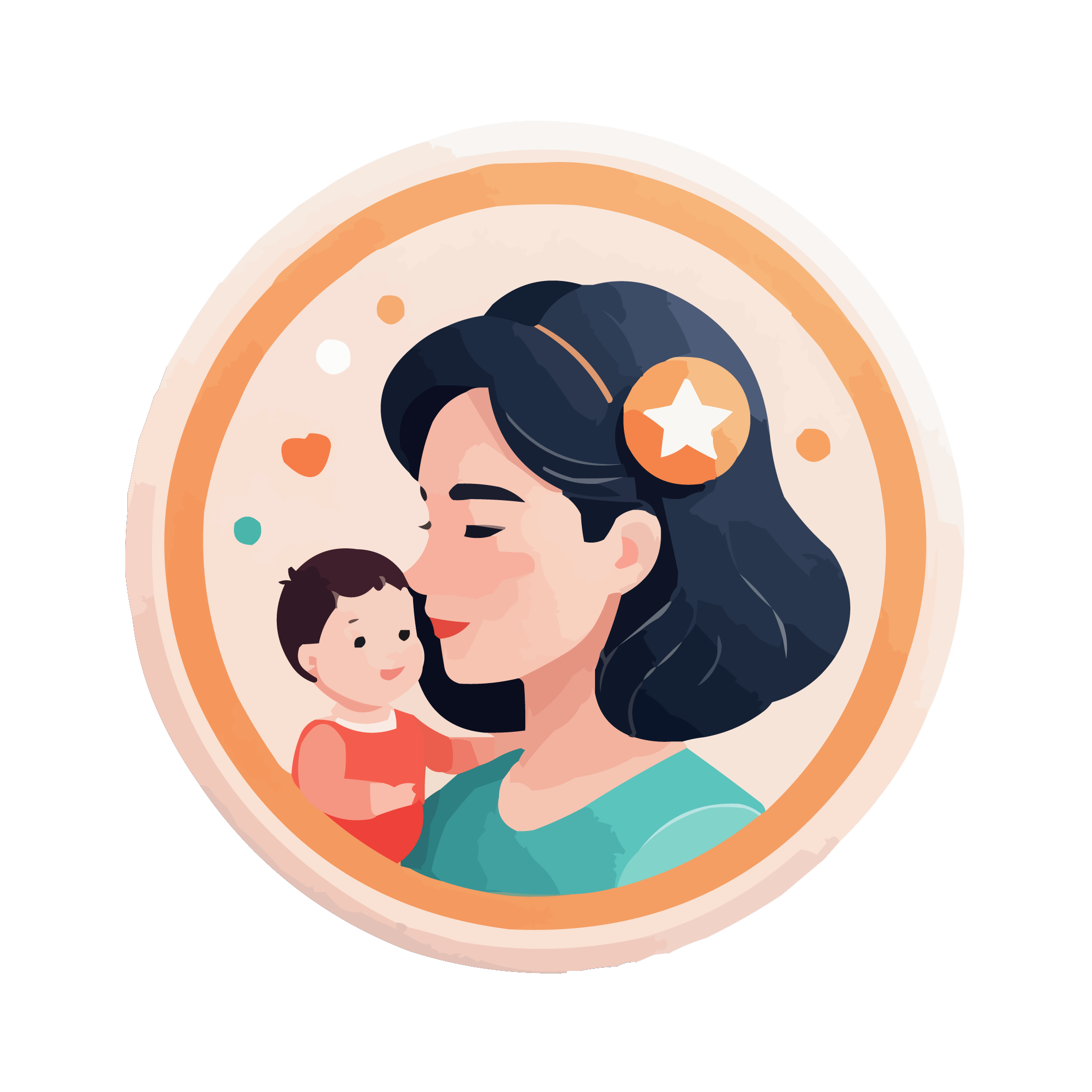Vaccinations for Children Ages 0-1

Vaccinations for Children Ages 0-1: What to Expect
The first year of a child’s life is a crucial period for growth and development. However, infants have underdeveloped immune systems, which is why vaccinations are of paramount importance during this phase. In this comprehensive guide, we will explore the vaccines administered to children aged 0-1, offering parents essential information to ensure the health and well-being of their little ones.
Vaccination Schedule for Ages 0-1:
Vaccinations for children between the ages of 0-1 typically follow a schedule as outlined below:
- Hepatitis B Vaccine: The Hepatitis B vaccine is usually administered shortly after birth. This vaccine provides protection against the Hepatitis B virus, which can cause severe liver infections.
- BCG Vaccine (Tuberculosis): The BCG vaccine, which guards against tuberculosis, is typically administered within the first few days after birth. Tuberculosis is a respiratory disease that can be particularly severe in young children.
- Rotavirus Vaccine: Rotavirus is a virus that can lead to severe diarrhea and vomiting in infants. The vaccine is usually given to infants to protect them from this uncomfortable and potentially dangerous infection.
- DTaP Vaccine (Diphtheria, Tetanus, Pertussis): The first dose of the DTaP vaccine is given at around the beginning of the 2nd month. It offers protection against diphtheria, tetanus, and pertussis (whooping cough), all of which are serious infections that can be life-threatening for babies.
- Haemophilus Influenzae Type B (Hib) Vaccine: The Hib vaccine shields against infections caused by the Haemophilus influenzae type b bacterium. Hib infections can lead to various serious conditions, including meningitis.
- Pneumococcal Vaccine: The pneumococcal vaccine provides protection against illnesses like pneumonia, bacterial meningitis, and bloodstream infections caused by Streptococcus pneumoniae bacteria.
- Polio (Salk) Vaccine: The polio vaccine helps guard against poliomyelitis, commonly known as polio. This crippling and potentially life-threatening disease can be prevented with timely vaccination.
Why These Vaccines Are Important:
The vaccines administered to infants during their first year of life serve a critical purpose. Here are some reasons why they are so important:
1. Disease Prevention: These vaccines protect against serious and potentially life-threatening diseases, ensuring your child’s well-being.
2. Herd Immunity: By vaccinating your child, you contribute to herd immunity, which protects those who cannot receive vaccines due to medical reasons, making the community safer as a whole.
3. Long-Term Health: Vaccinations have a long-lasting impact on your child’s health, reducing the risk of infections in the future.
4. Peace of Mind: Knowing that your child is protected from harmful diseases brings peace of mind and allows them to grow and develop without unnecessary health risks.
Vaccinating your child during the first year of life is a crucial step in ensuring their well-being. The vaccines offered during this period are carefully chosen to provide comprehensive protection. Keeping up with your child’s vaccination schedule, as recommended by your healthcare provider, is essential. Vaccinations not only safeguard your child’s health but also play a vital role in the overall health of the community.
As responsible parents, it’s imperative to recognize the significant contribution that these vaccines make to your child’s health. Keeping your child’s immunization schedule on track ensures they have a strong defense against potentially devastating illnesses. Always consult with your healthcare provider to stay informed and make informed decisions about your child’s vaccinations.
Remember, vaccination is a fundamental aspect of child healthcare, offering protection and peace of mind for both you and your child as they embark on their journey of growth and development.
This extended blog post provides in-depth information on the vaccinations administered to children aged 0-1, emphasizing the importance of each vaccine and the overall benefits of vaccination. Please note that this information should be kept up to date in accordance with the latest medical guidelines and recommendations.







